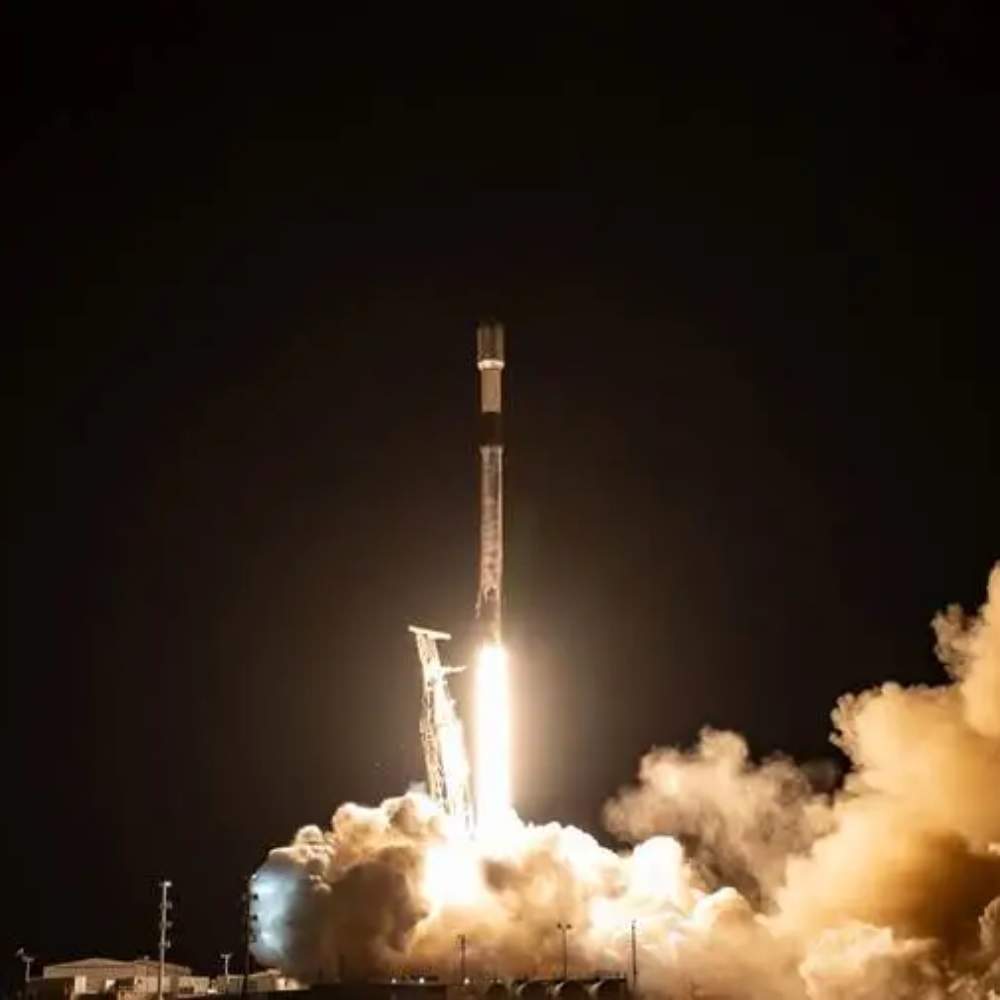Investment criteria is almost a never-ending discussion. In the dynamic landscape of global finance, investments are not immune to the ripples created by significant global events. Whether it’s geopolitical tensions, economic shifts, or unexpected crises, these occurrences can profoundly influence investment criteria and decision-making processes. In this article, we will delve into the intricate relationship between global events and investment strategies, emphasizing the key factors investors should consider before making financial decisions.
Global events, ranging from geopolitical conflicts to economic downturns, have the potential to reshape investment landscapes. In such times of uncertainty, understanding and adapting one’s investment criteria becomes paramount. Let’s explore the multifaceted impact of global events on investment decisions.
Factors Influencing Investment Criteria
- Geopolitical Stability and Risks
- Connection: The geopolitical landscape can significantly impact investment criteria, introducing risks and uncertainties.
- Considerations: Evaluate the political stability of regions where you plan to invest. Assess potential risks arising from geopolitical tensions that could affect markets.
- Economic Indicators and Trends
- Connection: Economic events such as recessions or growth spurts directly influence investment criteria.
- Considerations: Stay abreast of key economic indicators like GDP growth, employment rates, and inflation. Analyze how these factors align with your investment goals.
- Market Volatility
- Connection: Market fluctuations are a critical consideration in any investment criteria.
- Considerations: Develop criteria that account for market volatility. Implement risk management strategies to safeguard investments during turbulent times.
- Currency Fluctuations
- Connection: Currency values impact the international investment landscape.
- Considerations: Consider the stability of currencies in the countries relevant to your investment criteria. Factor in potential impacts on returns due to currency fluctuations.
- Global Crises (Pandemics, Natural Disasters)
- Connection: Unexpected global crises can disrupt markets and reshape investment criteria.
- Considerations: Diversify your investment portfolio to mitigate risks associated with unexpected global events. Consider industries that may thrive during crises.

Ideal Investment Strategies in the Face of Global Events
- Diversification as a Risk Mitigation Strategy
- Diversify across asset classes, industries, and geographical locations to spread risk.
- Incorporate varied investment vehicles such as stocks, bonds, and real estate.
- Robust Risk Management
- Set clear risk tolerance levels and adhere to them.
- Use tools like stop-loss orders to limit potential losses during market downturns.
- Research and Informed Decision-Making
- Stay informed about global events and their potential impacts on markets.
- Conduct thorough research before making investment decisions.
- Long-Term Perspective
- Align investment criteria with long-term financial goals.
- Avoid knee-jerk reactions to short-term market fluctuations.
- Regular Portfolio Review and Adjustment
- Periodically reassess and adjust investment criteria based on changing global circumstances.
- Be proactive in rebalancing portfolios to maintain alignment with goals.
The Dynamic Factors Shaping Investment Criteria
- Global Supply Chain Disruptions
- Connection: Evaluate the resilience of businesses to supply chain disruptions.
- Considerations: Consider industries with robust and diversified supply chains. Factor in the potential impact of disruptions on revenue and profitability.
- Technological Advancements and Disruptions
- Connection: The pace of technological change influences investment criteria.
- Considerations: Assess industries at the forefront of technological advancements. Incorporate criteria that reflect adaptability to technological disruptions.
- Environmental, Social, and Governance (ESG) Factors
- Connection: Increasing focus on ESG factors as part of investment criteria.
- Considerations: Align investments with companies demonstrating strong ESG practices. Assess potential risks associated with poor ESG performance.
- Political and Trade Policies
- Connection: Changes in political and trade policies impact various industries.
- Considerations: Stay informed about policy shifts that could affect markets. Factor in potential regulatory changes when setting investment criteria.
- Health and Pandemics
- Connection: The global health landscape influences investment criteria.
- Considerations: Diversify across industries resilient to health-related disruptions. Evaluate companies’ pandemic response plans.

Strategic Investment Approaches in a Global Context
- Thematic Investing
- Focus on themes aligned with emerging global trends.
- Invest in sectors poised for growth based on long-term global shifts.
- Adaptive Asset Allocation
- Regularly reassess asset allocation based on changing global events.
- Adjust portfolios to capitalize on opportunities arising from market shifts.
- Scenario Analysis
- Conduct scenario analyses to anticipate potential impacts of global events.
- Develop criteria that consider different economic and geopolitical scenarios.
- Global Collaboration in Investment
- Explore investment opportunities in collaboration with global partners.
- Leverage insights from diverse perspectives to make well-informed decisions.
The Importance of Global Partners for Organizations: A Strategic Imperative
- Market Expansion:
Global partners provide organizations with access to new markets, facilitating geographic expansion and enhancing market presence.
- Cultural Insights:
Partnerships with entities from diverse cultural backgrounds offer invaluable insights into local customs, preferences, and business practices, fostering cultural intelligence.
- Risk Mitigation:
Collaborating with global partners allows organizations to distribute risks across regions, providing a buffer against economic uncertainties, geopolitical issues, and market fluctuations.

- Resource Sharing:
Partnerships enable the sharing of resources, including technology, expertise, and talent, enhancing organizational capabilities and fostering innovation.
- Cost Efficiencies:
Shared costs and resources with global partners contribute to operational efficiencies, reducing expenses related to market entry, research, and development.
- Regulatory Compliance:
Local partners bring expertise in navigating complex regulatory environments, ensuring compliance with regional laws and regulations.
- Supply Chain Resilience:
Global partners contribute to a resilient supply chain, mitigating disruptions by diversifying sources and ensuring continuity in the face of unforeseen events.
- Strategic Alliances:
Building strategic alliances with global partners opens doors to collaborative ventures, joint ventures, and co-innovation, amplifying growth opportunities.
Conclusion
The impact of global events on investment criteria and decision-making is undeniable. Investors must adopt a proactive approach, continuously reassessing their criteria to navigate the ever-changing financial landscape. By incorporating factors such as geopolitical stability, economic indicators, market volatility, currency fluctuations, and global crises into their investment criteria, individuals can make more informed and resilient investment decisions. The key lies in developing flexible strategies that can adapt to the dynamic nature of global events, ensuring a more secure and successful financial future.








